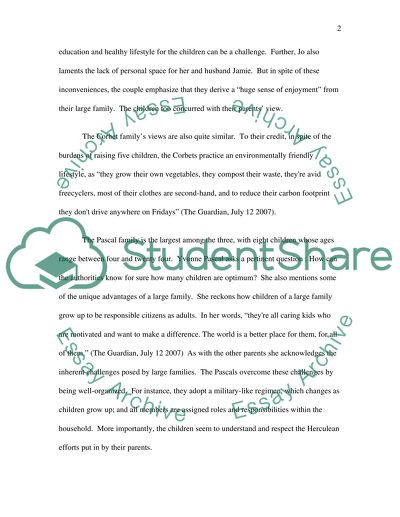Cite this document
(“Overview of the Article: Too big for the planet Essay”, n.d.)
Overview of the Article: Too big for the planet Essay. Retrieved from https://studentshare.org/environmental-studies/1549972-overview-of-the-article-too-big-for-the-planet
Overview of the Article: Too big for the planet Essay. Retrieved from https://studentshare.org/environmental-studies/1549972-overview-of-the-article-too-big-for-the-planet
(Overview of the Article: Too Big for the Planet Essay)
Overview of the Article: Too Big for the Planet Essay. https://studentshare.org/environmental-studies/1549972-overview-of-the-article-too-big-for-the-planet.
Overview of the Article: Too Big for the Planet Essay. https://studentshare.org/environmental-studies/1549972-overview-of-the-article-too-big-for-the-planet.
“Overview of the Article: Too Big for the Planet Essay”, n.d. https://studentshare.org/environmental-studies/1549972-overview-of-the-article-too-big-for-the-planet.


